The Mental and Wellbeing Benefits of Spending Time Outdoors and Camping: An In-Depth Exploration
Introduction
In the fast-paced world we live in, it's easy to feel overwhelmed by the constant demands and pressures of daily life. Stress, anxiety, and a sense of disconnection are common experiences for many. However, there is a simple, yet profoundly effective remedy to these issues that is often overlooked - spending time outdoors and camping. This article will delve into the mental and wellbeing benefits of these activities, providing a comprehensive understanding backed by scientific studies and research.
The allure of the great outdoors has always been a part of human existence. From our ancestors who lived in harmony with nature, to the modern-day nature enthusiasts, the call of the wild resonates deeply within us. It's not just about the beauty and tranquility that nature offers, but also about the tangible mental and physical health benefits that come with spending time outdoors.
In recent years, there has been a growing body of research highlighting the positive effects of nature on our wellbeing. From reducing stress and anxiety to improving mood and cognitive function, the benefits are numerous and significant. This article aims to shed light on these benefits, providing a comprehensive guide for those seeking to improve their mental and physical health through nature.
The Power of Nature
Reduction of Stress and Anxiety
One of the most significant benefits of spending time outdoors is the reduction of stress and anxiety. According to research, more than two-thirds of people report retreating to nature when they begin feeling stressed or overwhelmed. The calming effect of green spaces, the soothing sounds of wildlife, and the absence of urban noise can all contribute to a significant decrease in stress levels.
The tranquility of nature provides a stark contrast to the hustle and bustle of city life. The absence of distractions allows our minds to relax, promoting a state of calm and peace. This is particularly beneficial for those suffering from anxiety disorders. The natural environment provides a safe space where one can let go of their worries and fears, promoting a sense of inner peace and tranquility.
Moreover, the physical activity often associated with spending time outdoors, such as hiking or camping, can also contribute to stress reduction. Physical activity is known to produce endorphins, the body's natural mood elevators, which can help alleviate feelings of stress and anxiety.
Lowering of the Production of Stress Hormones
Spending time in nature not only reduces stress levels but also lowers the production of stress hormones. This results in a clearer, calmer mind, and promotes healthier habits such as better eating and engaging in physical activities.
When we spend time in nature, our bodies respond by lowering the production of cortisol, a hormone that is released in response to stress. High levels of cortisol can lead to various health problems, including anxiety, depression, heart disease, weight gain, and trouble sleeping. By reducing the production of this hormone, spending time in nature can help prevent these health issues.
Moreover, the reduction in stress hormones can also lead to improved mental clarity and focus. Without the constant pressure and stress, our minds are free to relax and rejuvenate. This can lead to improved productivity and creativity, further enhancing our overall wellbeing.
Improved Mood and Increased Cognition
People often report an overall lift in mood after spending time in nature. This is beneficial for battling seasonal mood disorders or general depression. Moreover, a simple walk in nature can boost mood, and camping allows for a longer immersion in nature, leading to even more significant mood improvements.
The mood-enhancing effects of nature can be attributed to several factors. Firstly, the beauty and tranquility of natural environments can evoke feelings of awe and wonder, which are known to promote happiness and wellbeing. Secondly, the physical activity often associated with spending time outdoors can lead
to the release of endorphins, which are known to boost mood and promote a sense of happiness. Lastly, spending time outdoors can also increase our exposure to sunlight, which can help regulate our body's production of serotonin, a hormone that helps regulate mood.
In addition to mood enhancement, spending time in nature can also boost cognition. Exposure to green spaces near schools has been found to enhance cognitive development in children, and adults living near green spaces demonstrate higher attentional function. Working memory, cognitive flexibility, and self-control are all boosted by spending time in nature.
The cognitive benefits of nature can be attributed to the restorative effects of natural environments on our mental resources. The simplicity and predictability of natural environments require less demanding cognitive processing compared to urban environments, allowing our minds to rest and recover. This restorative effect can improve our cognitive abilities, including attention, memory, and creativity.
The Benefits of Camping
Improved Sleep
Camping provides an opportunity to reset our circadian rhythms. The natural light and dark cycle of the outdoors helps regulate our internal body clock, leading to improved sleep quality. This is especially beneficial considering that one-third of adults in the U.S. don’t get enough sleep (at least 7 hours per night).
The importance of good sleep for our overall health and wellbeing cannot be overstated. Poor sleep has been linked to a variety of health problems, including heart disease, diabetes, obesity, and depression. By helping to regulate our sleep patterns, camping can play a crucial role in promoting better sleep and, consequently, better health.
Moreover, the peaceful and quiet environment of a campsite can provide the perfect setting for a good night's sleep. Away from the noise and distractions of city life, campers can enjoy a peaceful and uninterrupted sleep, further enhancing the quality of their rest.
Increased Energy and Vitality
Camping increases energy levels and boosts vitality. The combination of fresh air, natural light, and physical activity that comes with camping can leave you feeling rejuvenated and full of energy.
The increased exposure to sunlight that comes with camping can lead to increased production of Vitamin D in our bodies. Vitamin D is known to boost energy levels and improve mood, making us feel more alert and alive.
Moreover, the physical activities associated with camping, such as hiking, swimming, or simply exploring the great outdoors, can also contribute to increased energy levels. These activities get our blood pumping and our bodies moving, leading to a natural increase in energy and vitality.
Enhanced Self-esteem and Self-confidence
Camping also offers a unique opportunity to build self-esteem and self-confidence. Whether it's setting up a tent, starting a fire, or navigating a hiking trail, these new experiences can foster a sense of accomplishment and boost confidence.
Overcoming the challenges that come with camping can provide a significant boost to our self-esteem. Each challenge overcome, each task successfully completed, adds to our sense of competence and self-efficacy. This can lead to increased self-confidence, not just during the camping trip, but in other areas of life as well.
Moreover, the skills and knowledge gained during camping can also contribute to a sense of self-reliance and independence. Knowing that you can survive and thrive in the great outdoors can provide a significant boost to your self-confidence.
Greater Sense of Connection
Camping fosters a greater sense of connection. This can be a connection with nature, with others, or with oneself. A camping trip with friends or family can strengthen relationships, while a solo camping trip can provide a valuable opportunity for self-reflection and personal growth.
Camping allows us to disconnect from our digital devices and reconnect with nature. This connection with nature can lead to a greater appreciation for the natural world, promoting environmental awareness and stewardship.
Moreover, camping can also
strengthen our connections with others. Shared experiences, like setting up a campsite, cooking meals over a campfire, or exploring new trails, can bring people closer together, fostering a sense of camaraderie and mutual understanding. These shared experiences can lead to stronger relationships and lasting memories.
Lastly, camping can also provide an opportunity for self-reflection and personal growth. The peace and tranquility of the outdoors can provide the perfect setting for introspection. Away from the distractions and pressures of daily life, we can gain a deeper understanding of ourselves, our values, and our aspirations.
Conclusion
Spending time outdoors and camping offers a multitude of mental and wellbeing benefits. From stress reduction and improved mood to enhanced cognition and better sleep, the benefits are clear and scientifically proven. So, whether it's a weekend camping trip or just a walk in the park, make sure to take some time to connect with nature and reap the benefits it has to offer.
The power of nature is undeniable. It has the ability to heal, rejuvenate, and inspire. By spending time outdoors and camping, we can tap into this power, improving our mental and physical health, and enhancing our overall wellbeing. So, the next time you're feeling stressed, anxious, or simply in need of a break, consider heading outdoors. The benefits are waiting for you.





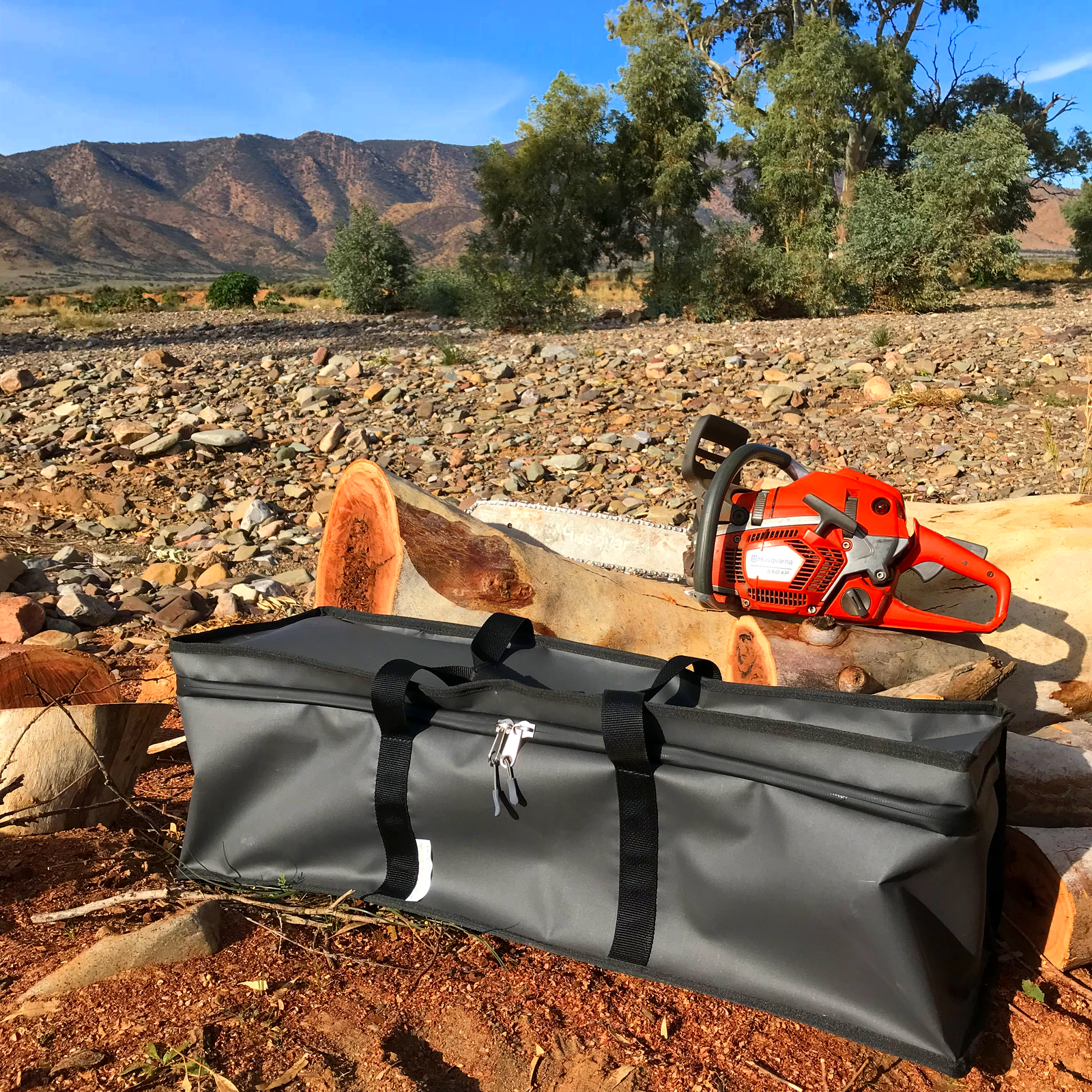
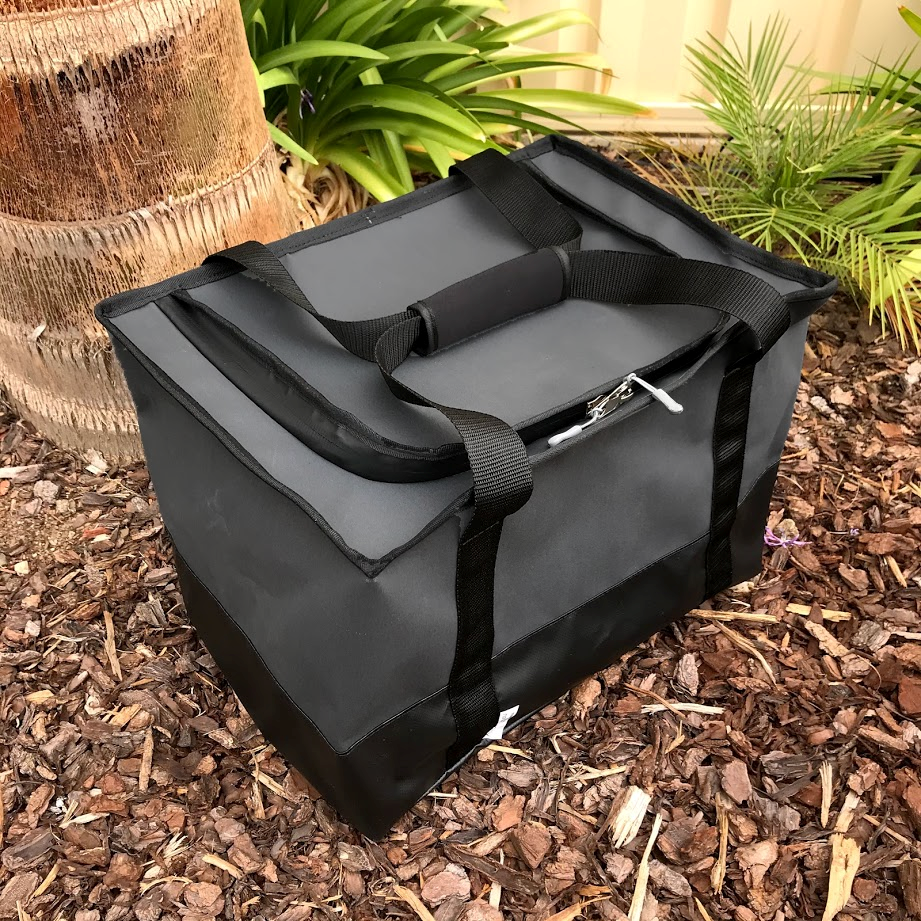

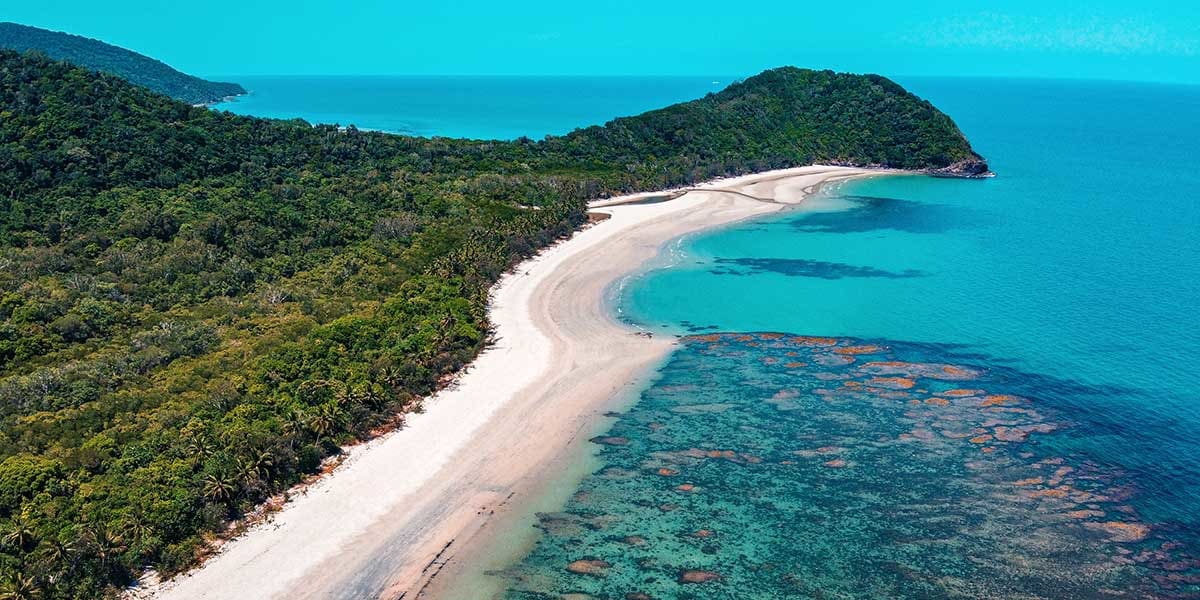
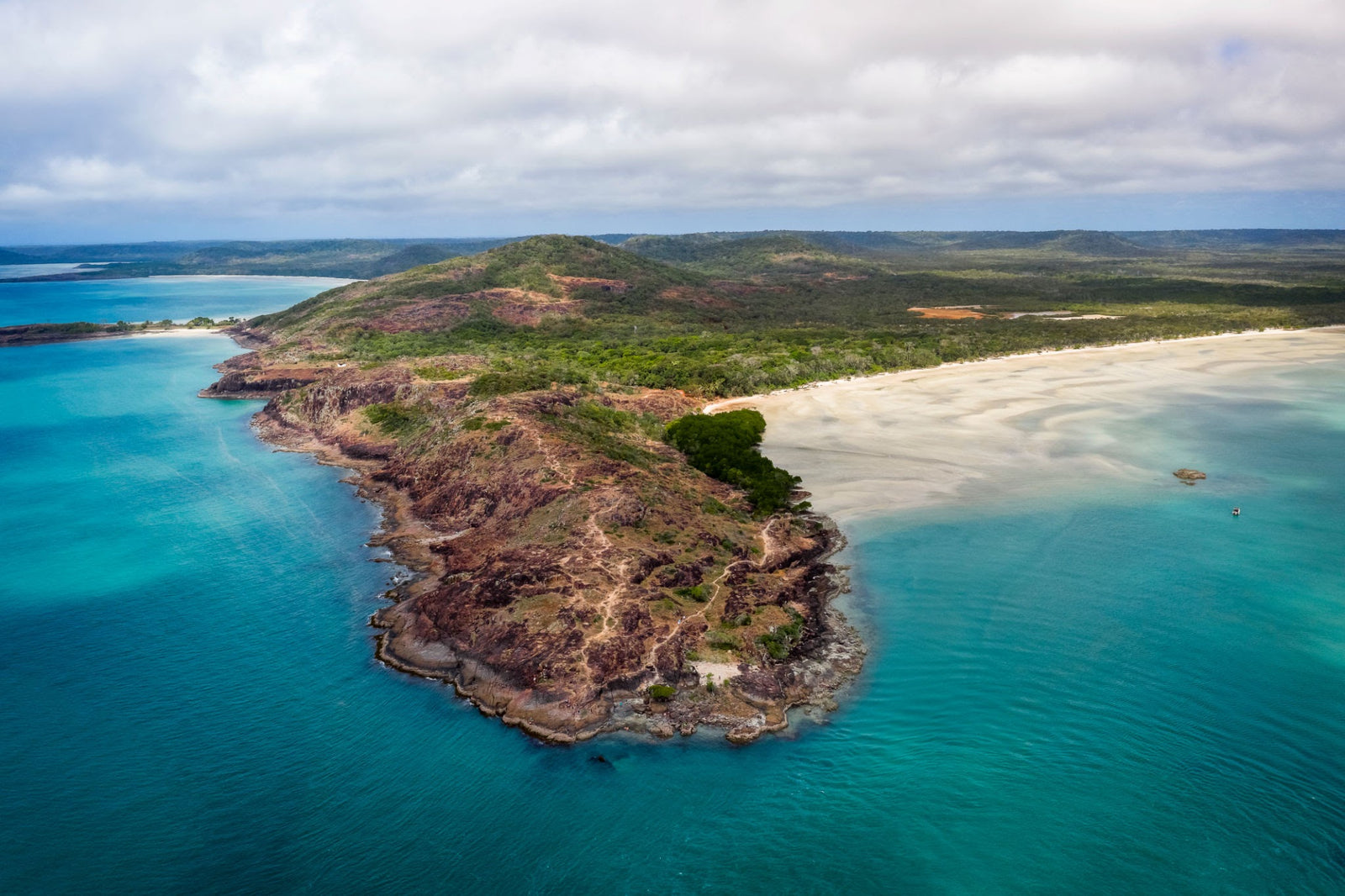
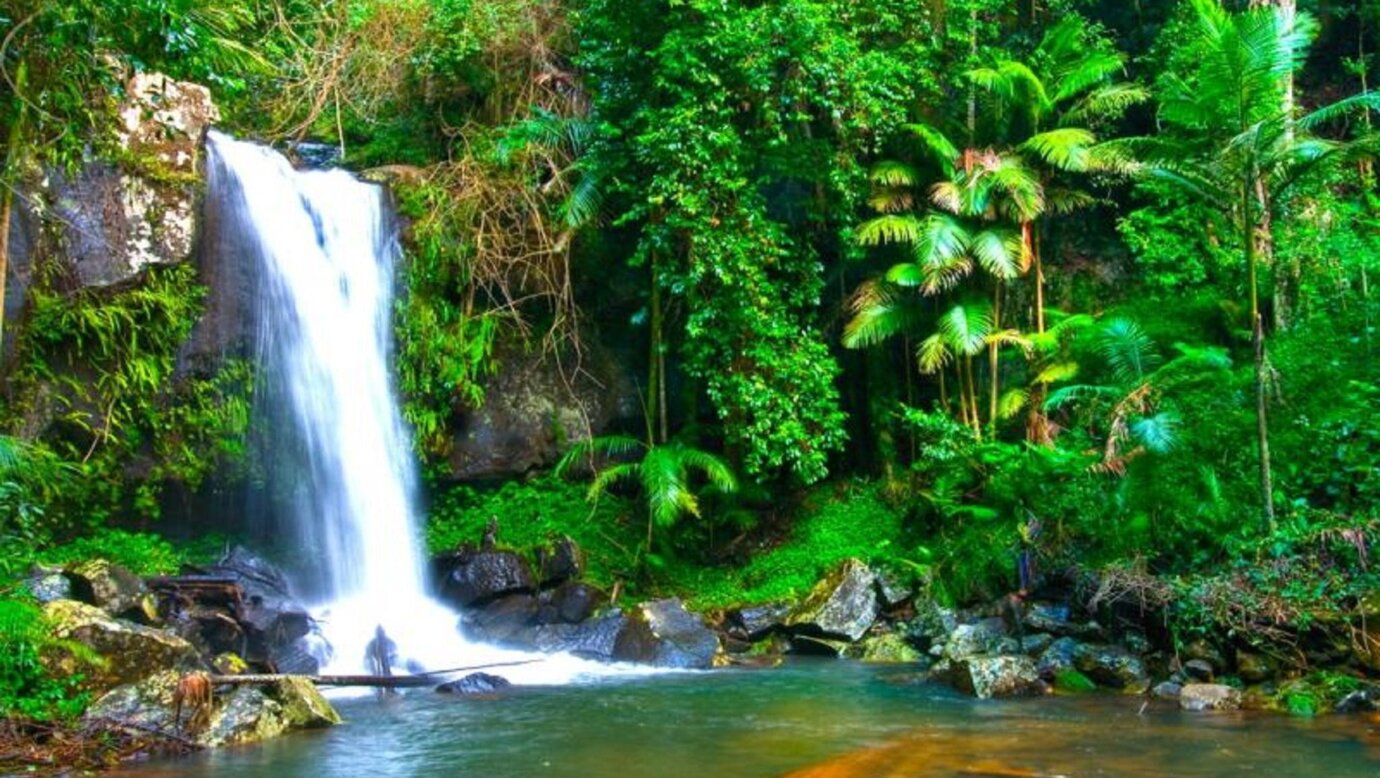




Leave a comment (all fields required)